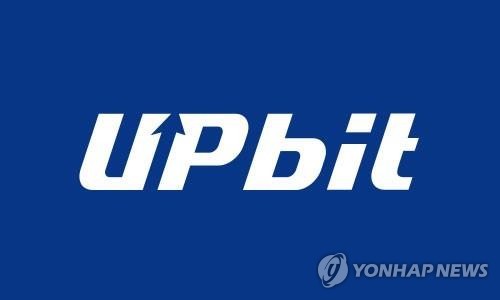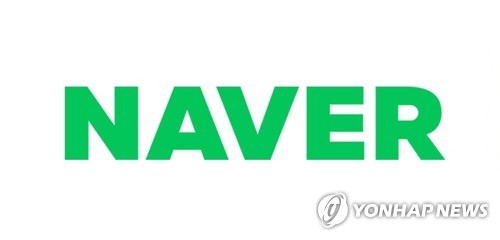

(Seoul=Yonhap Infomax) Young Sook Yoon, Jung Woo Choi—Naver Corp., South Korea's largest internet company, is set to finalize the process of incorporating Dunamu Inc., operator of the Upbit cryptocurrency exchange, as an affiliate through a merger at the board meetings of both companies scheduled for November 26.
Industry analysts say the merger could mark a pivotal moment, creating a mega-platform integrating AI, payments, and digital assets.
According to the information and communications sector on November 24, Naver and Dunamu plan to convene their respective boards on the 26th to deliberate and approve a comprehensive share swap agreement.
The two firms are in the final stages of negotiating the share exchange ratio, with market consensus pointing to a likely 1-to-3 ratio—meaning Dunamu shareholders would receive three shares of Naver Financial for each Dunamu share held. The exact ratio will be determined immediately prior to the board meetings.
Current market estimates value Dunamu at approximately 15 trillion won ($11.3 billion), while Naver Financial is valued at around 4.5 trillion won ($3.4 billion). Based on the number of shares outstanding, the per-share value is estimated at 430,200 won for Dunamu and 173,000 won for Naver Financial. While a simple per-share calculation suggests a 1-to-2.5 ratio, both parties have reportedly reached a provisional agreement at 1-to-3, factoring in Dunamu's growth potential.
Upon completion, Naver Financial will acquire 100% of Dunamu's shares, and existing Dunamu shareholders will receive newly issued shares of Naver Financial. Dunamu will be incorporated as a 'grandchild company' under Naver Corp.
The merger will also reshape the ownership structure. Song Chi-hyung, Chairman of Dunamu, is expected to become the largest shareholder of Naver Financial, with Naver Corp. as the second-largest shareholder.
The merger requires special shareholder resolutions following board approval, with at least two-thirds of attending shareholders and one-third of total issued shares in favor. While some variables remain, both Naver and Dunamu have stable major shareholder structures, making approval likely.
The main regulatory concern has been potential conflicts with South Korea's 'firewall' regulations separating financial and virtual asset businesses. Since Naver Financial operates payment, loan brokerage, and insurance services, the inclusion of Dunamu, a virtual asset operator, has raised ongoing regulatory questions. However, after internal review, the Financial Services Commission (FSC) reportedly concluded the deal does not constitute a direct regulatory violation, accelerating the merger process.
If realized, the merger is expected to have significant market impact. Naver brings search, commerce, content, and advertising data, while Dunamu offers real-time trading and on-chain data. Their integration could create a unified asset platform encompassing AI-driven user analytics, investment recommendations, payments, rewards, and digital wallets.
The impact could be further amplified if combined with Naver's ongoing 'Agent N' strategy, which leverages AI to analyze users' payment, investment, subscription, and search histories in real time—potentially reshaping South Korea's financial and asset management infrastructure.
However, concerns remain over potential market dominance and the contraction of the startup ecosystem, as Dunamu's strong position in the virtual asset market could significantly enhance Naver's influence in financial services.
Jung Ho-yoon, analyst at Korea Investment & Securities, commented, "We expect business expansion into stablecoins and synergies with Naver's existing services. Stablecoins could be used as a payment method across Naver's search, commerce, fintech, and content platforms, and regulatory easing could further enrich the crypto ecosystem, including stablecoins and DeFi."
Shin Eun-jung, analyst at DB Financial Investment, noted, "Assuming a 20–30% equity stake from Naver Financial's acquisition of Dunamu, annual consolidated profit could rise by over 40%, with net profit increasing by 10–15%. The introduction of a won-based stablecoin could reduce commerce fees and provide additional benefits depending on government policy."
She added, "By integrating virtual asset and unlisted investment services into the N Pay-based fintech business, the combined entity has strong potential to become South Korea's largest comprehensive digital finance and asset platform."
ysyoon@yna.co.kr
(End)
Copyright © Yonhap Infomax Unauthorized reproduction and redistribution prohibited.

